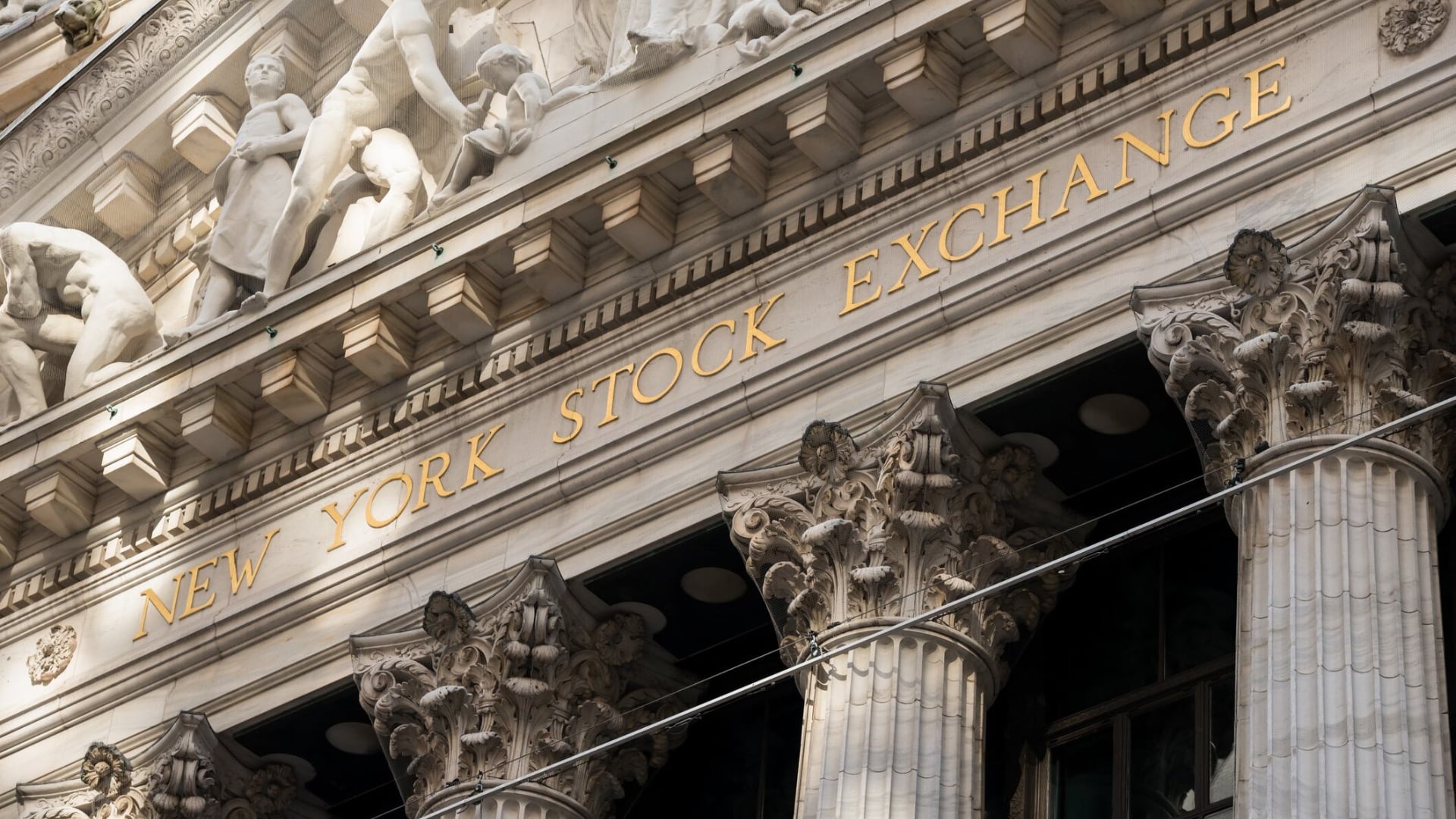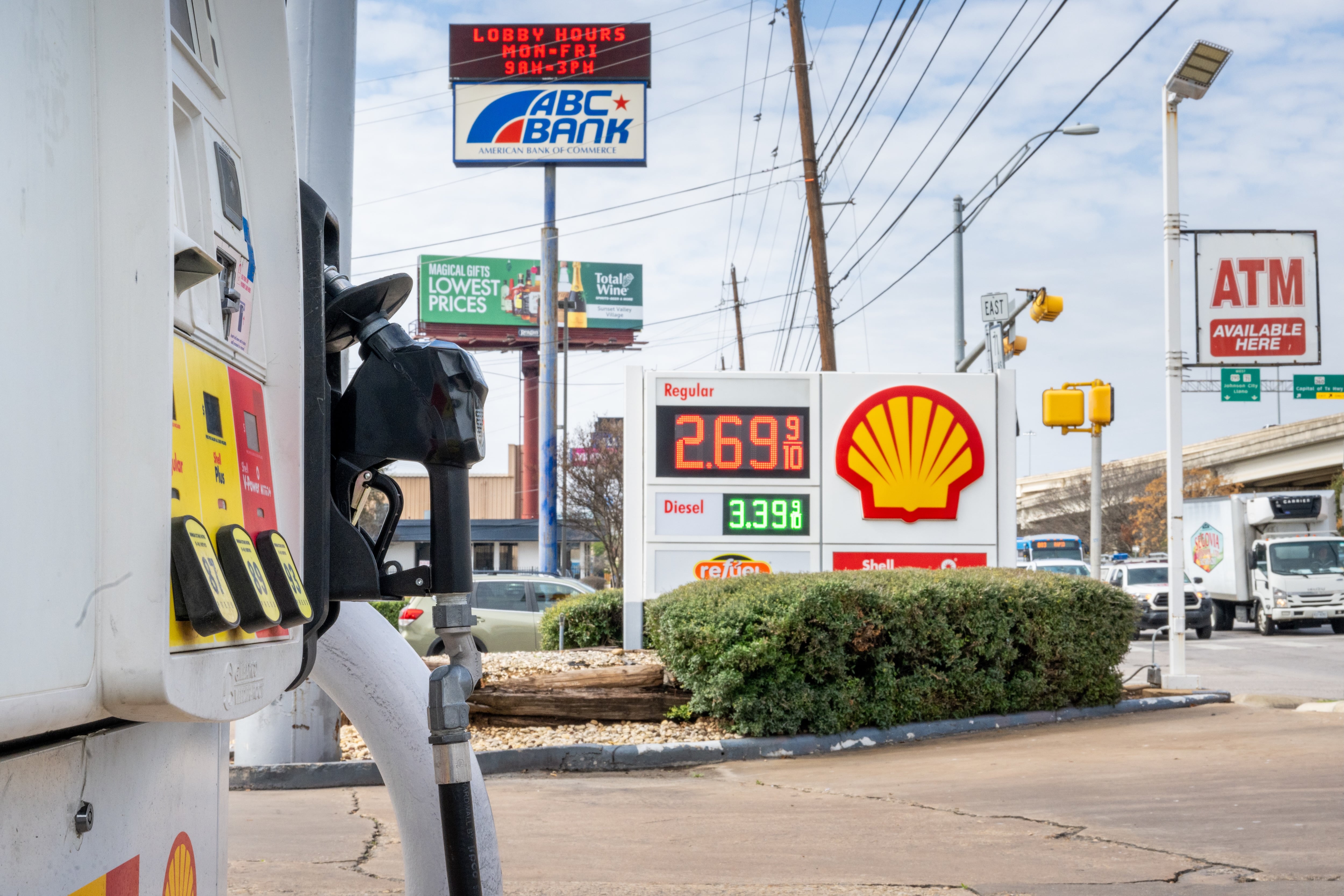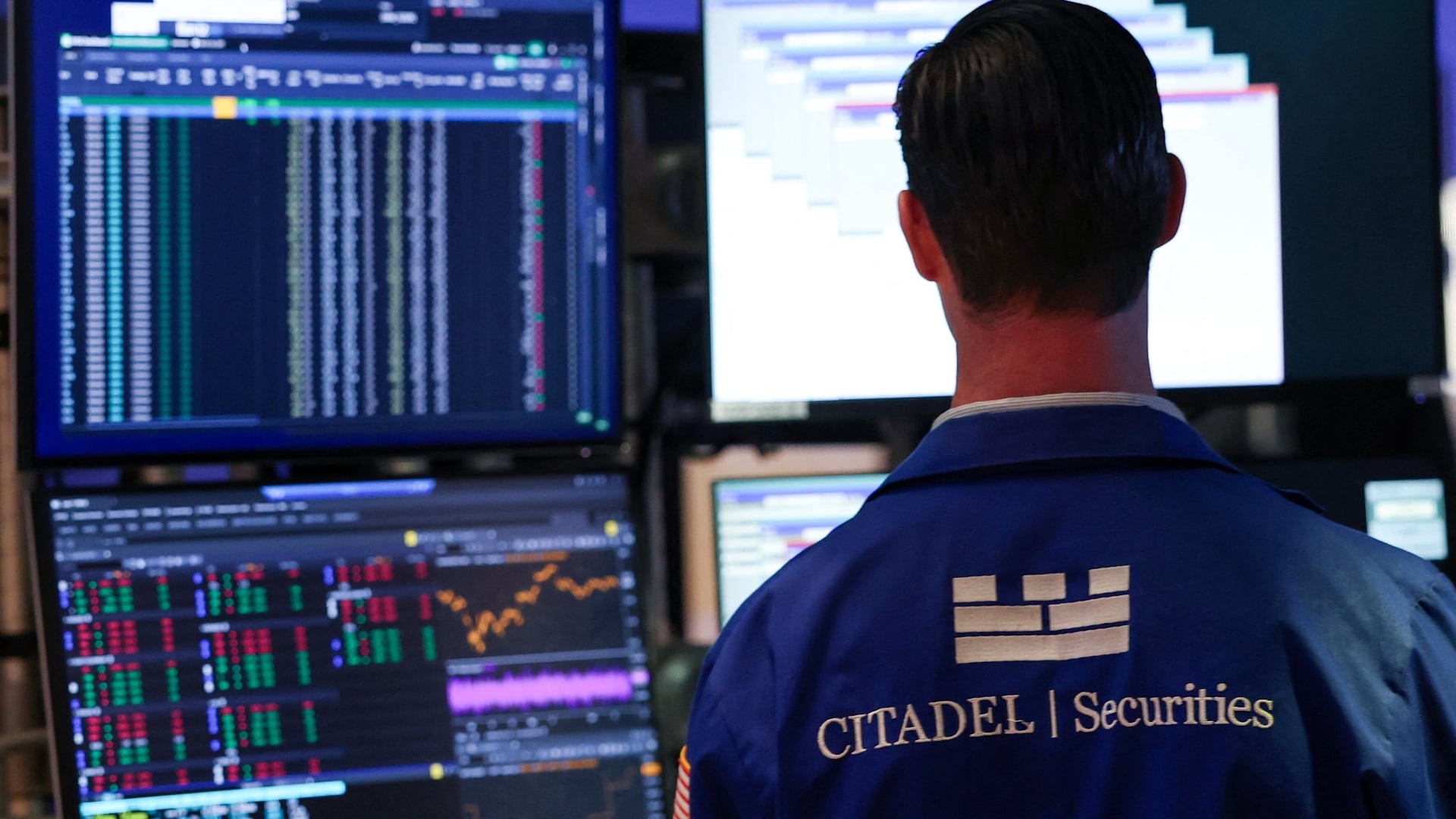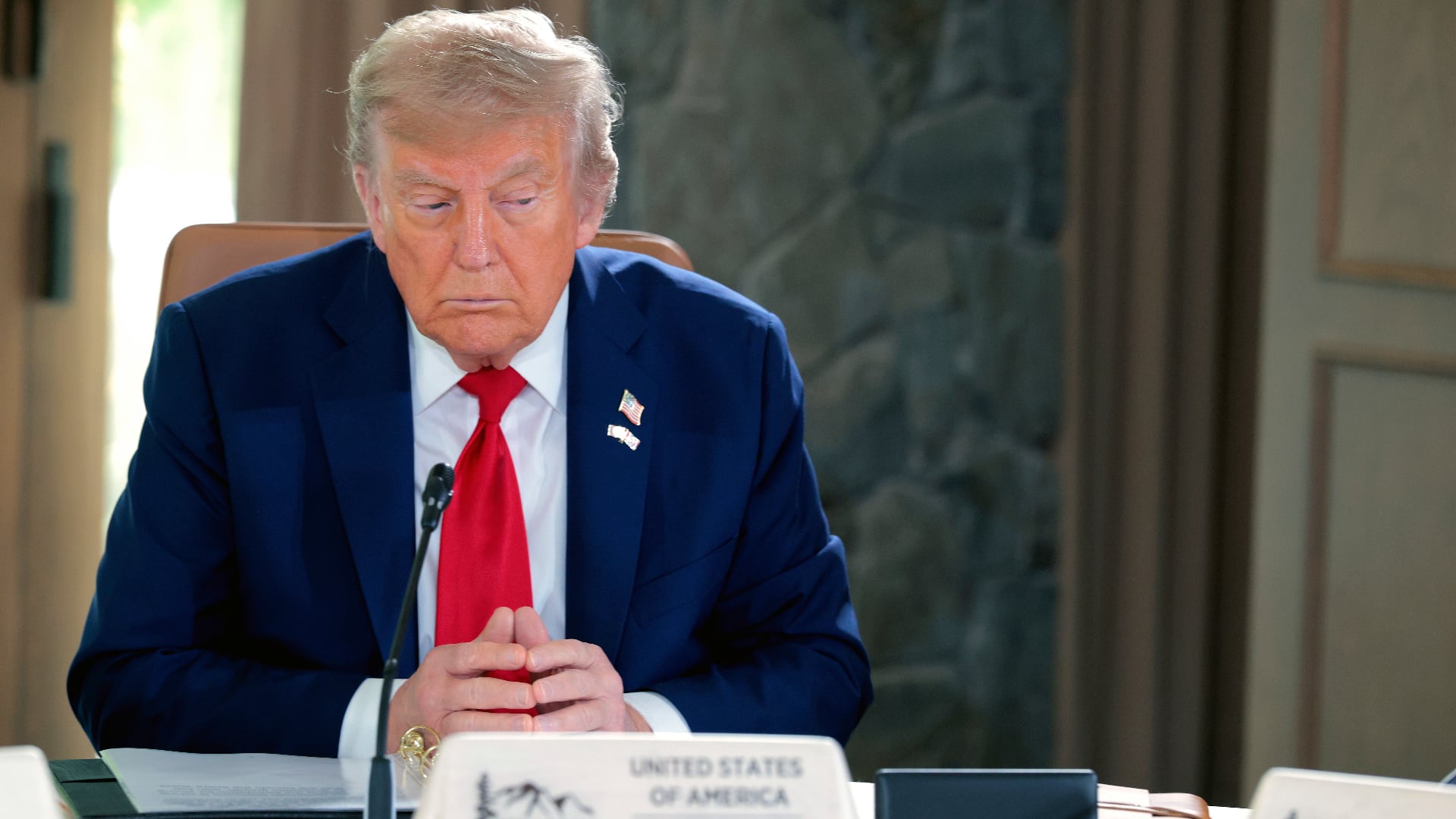As the number of coronavirus cases continues to rise in the U.S., Johnson & Johnson's chief scientific officer Dr. Paul Stoffels told Cheddar the company has an accelerated plan to create a vaccine.
"At the moment, we predict that we can get north of one billion vaccine dosages in the course of 2021 and even much more afterward," he said.
The company is currently running clinical trials on animals and expects to move to human testing in late July. Stoffels describes the project as a "massive amount of parallel work" that was jumpstarted by a federal investment of $456 million.
Typically, developing a vaccine calls for one to three years of successful testing, but Johnson & Johnson expects to have an approved vaccine by early 2021. One challenge the company will face is locating a pocket of study subjects — between 30,000 and 100,000 people — that have potentially been exposed. The large study size is key for the pharmaceutical giant to meet its self-imposed timeline.
"The higher the transmission rate, the faster we can see the endpoint and we can prove efficacy," Stoffels told Cheddar.
The pharmaceutical giant's confidence in distributing the vaccine by early next year also lies in cell line technology, which has the capacity to create a massive number of doses.
"In a thousand-liter vessel, we can produce more than 150 million vaccines a year," he said.
Stoffels also keyed in on the need for urgency and additional preventative steps the world should take in light of the disease still sweeping the globe.
"Nobody expected such a pandemic happening," he said. "We have learned that we have to have much more public health measures in the world."












